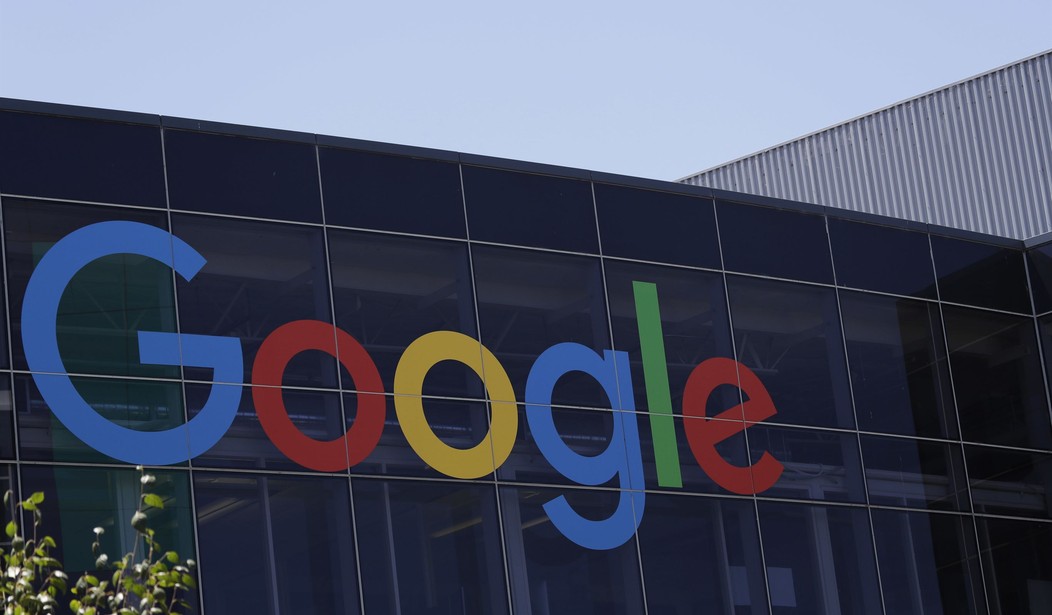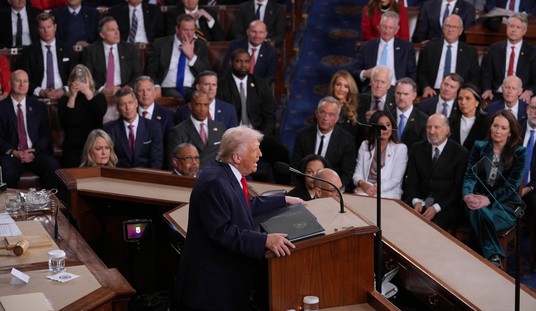The CEOs of America's four biggest technology companies will appear in front of the House Judiciary Committee this month for questioning as it investigates antitrust issues with online competition. Industry titans Jeff Bezos (Amazon), Tim Cook (Apple), Sundar Pichai (Google), and Mark Zuckerberg (Facebook) have found themselves at the receiving end of bipartisan criticism for what many see as anti-competitive business practices. Specifically, there are fears that these big tech firms have accumulated unchecked wealth and power through predatory means and are using their influence to violate the law and harm consumers’ interests without receiving any form of meaningful penalty.
With calls for a breakup coming from both sides of the aisle, Congress needs to get meaningful answers from these influential industry leaders. I have three areas of focus that I would like to offer congressional leaders.
Repeated Theft of Private Property
This hearing's main concern will be the growing evidence that these major companies use their immense platforms to stifle competition. Amazon and Google in particular have done their fair share in this arena.
Recent reports have shown that Amazon has been stealing their independent vendors' data for years to develop competing products. This runs counter to the company's policies and what they told Congress back in 2019. The massive breach of trust has seemingly allowed Amazon to undercut its competition and gather incredible market data without spending anything on consumer research. Here’s the kicker: this practice will ultimately lead to Amazon having the ability to drive its third-party sellers out of business. The result? Less choice and higher costs for the consumer.
Google has behaved no better with other people's property. Among other current IP theft cases it’s involved in, including with speaker manufacturer Sonos, the company currently finds itself in front of the Supreme Court after taking 11,500 lines of code verbatim from the Java library 10 years ago. This coding allowed it to create Android, the most widely used mobile system globally, without paying any licensing fees. Every other company that wanted to use Java had paid the license, yet Google seemed to decide it was above the rules. They’ve been able to drag out the case in court using their immense wealth, bankrolling a scorched-earth legal fight that claims the code they took is not copyrightable.
Recommended
While most companies would not be able to imitate China’s communist government by stealing private property and getting away with it, these big tech giants seemingly have the power and resources to engage in expensive, lengthy legal battles that often allow them to run roughshod over the IP of their competition. It’s a trend that Congress needs to take these industry heads to task over.
Unchecked Market Control
Building off their tendency to rip-off competitors' property, these firms also need to answer for the unhealthy market control they currently possess. If you look at categories like digital advertising, operating systems, and search engine usage, what you'll find is that the same four names pop up with over 70-percent of market share. Much of this concentration has come not due to being better or more efficient than their competitors, but rather through their predatory business practices. And their tentacles are only getting bigger.
Facebook's acquisition of Instagram and WhatsApp is often cited as a clear example of big tech eliminating competition while expanding market presence. Google’s acquisitions – like YouTube – are noted for having come with little regulatory scrutiny, ultimately leading to a digital conglomerate. This growing power gives them an unprecedented ability to control the channels of information in the digital space. Allowing current trends to continue would allow these CEOs to shape public opinion in ways greater than even Randolph Hearst could have imagined.
Congress needs to understand how these corporate giants are manipulating these networks, and how the lack of regulation around them has allowed these companies to expand even further. The dangers they pose reach down to the very core of the values freedom-loving people cherish. Does a majority in Congress still cherish those values?
Censoring Conservative Speech
There are recent site removals where tech firms show they currently wield power over what constitutes free speech. When Google decided to ban ZeroHedge last month, they did it because of “unconfirmed claims” surrounding its reporting of the Black Lives Matter protests. Despite liberal sources enjoying a wide birth to use uncorroborated sources or spread anti-Semitism/pro-communist propaganda, conservatives have their views suppressed because of the vast control these tech companies hold.
Liberal bias is rampant in the tech world, and the lack of transparency over how nuanced decisions are made with censorship certainly confirms that statement. Giving our most basic liberties to a handful of elites is such a frightening prospect that the president, along with the DOJ, has begun to check tech companies on their bias against conservative viewpoints. But more needs to be done.
Why is it that there is a double standard for those on the left who wish to push their America-hating ideology? Do these platforms really want to promote a robust public discussion? Or, in the tradition of historic enemies of liberty, do they wish to promote a campaign of suppression and subversion?
Congress must find out.
Where Do We Go from Here?
In the end, these issues won't be solved by holding one hearing. But these CEOs have earned our distrust. The actions that have been confirmed are enough to at least question their motives.
The Justice Department opened a broad antitrust review into online platforms, promising to announce its results by the end of summer. They’re joined by Attorney Generals from all 50 states, who launched their own antitrust investigation into Google. Unprecedented in its size and scope, bringing accountability to Big-Tech could prove a turning point for the American economy -- and its Congress’ questioning that can bring that accountability.
Americans will soon know where elected leaders' loyalties lie – with the campaign donations from Silicon Valley or the people they allegedly represent.
Chris Salcedo, is a nationally recognized radio talk show host heard on WBAP is Dallas TX and KSEV in Houston TX. He is the author of the book Liberty Rises, and the Executive Director of The Conservative Hispanic Society.
























Join the conversation as a VIP Member